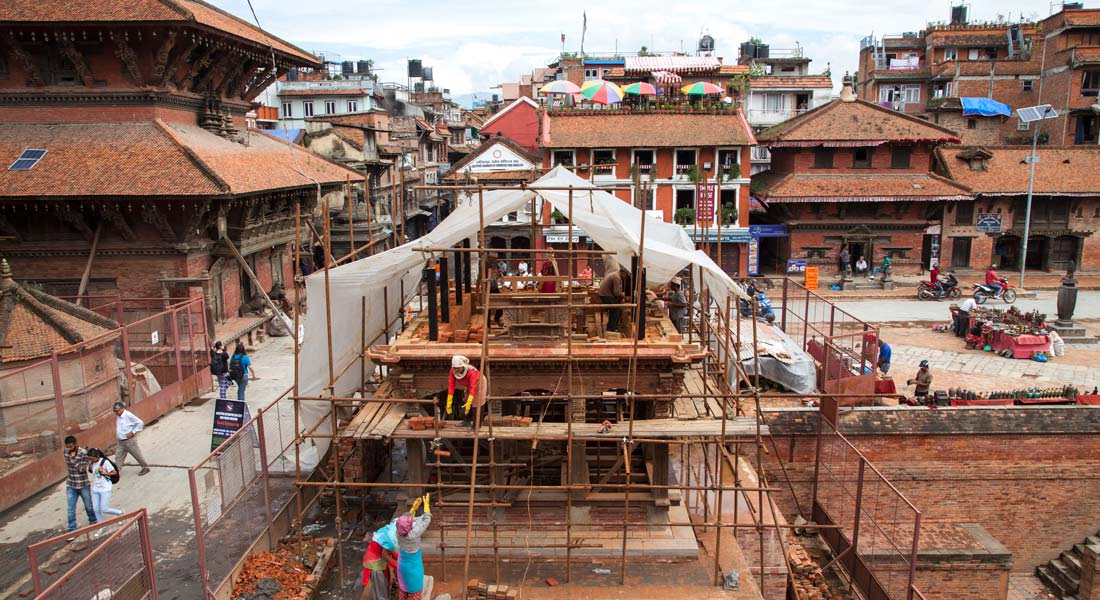Disaster Recovery Planning and Development
Learn about early recovery, reconstruction and rehabilitation, mental health interventions and recovery planning strategies. Obtain skills to apply concepts, standards, principles, and methods of recovery planning and operations.

This course introduces fundamentals of disaster recovery principles and disaster risk reduction. During the course, we cover pre-disaster recovery planning and assessment of post-disaster recovery needs.
You will get insight into health interventions; reconstruction and physical rehabilitation; exit and handover strategies; and monitoring and evaluation in recovery planning. We will discuss how recovery relates to emergency response, preparedness, mitigation and long-term development planning.
- Introduction to recovery principles and risk reduction in the recovery phase.
- Pre-disaster recovery planning and post disaster recovery needs assessment.
- Early recovery as an important linking stage between relief and response phase and recovery and development.
- Reconstruction and physical rehabilitation
- Psycho-social and mental health interventions
- Exit and hand over strategies in recovery planning
During this course, you will acquire the conceptual basis from which to appreciate the complexity of the recovery environment. Further, you will understand linkages between development and risk reduction in recovery processes; know the Recovery Guiding Principles; and know how to operate these in pre- and post-disaster recovery planning.
On completion of the course, you will be able to:
- Understand linkages between development and risk reduction in recovery processes.
- Understand tools, mechanisms and key relationships in pre-disaster recovery planning.
- Apply concepts, standards, principles, and methods of recovery planning and operations to case studies.
- Develop a better ability to engage with and relate to disaster professionals – across sectors and disciplines and work collaboratively in a field situation through understanding some of the operational procedures in recovery related to international actors and national governments.
- Critically evaluate the strengths and limitations of the existing Early Recovery and Recovery mechanisms.
- Apply tools used for teambuilding and stress management and demonstrate knowledge about intercultural and interdisciplinary communication.
- Negotiation, including compromise, argument and trade offs.
Participants must
- Hold a relevant bachelor degree or equivalent
- Have a minimum 2 years of relevant job experience
- Be proficient in English
Find detailed information about the current admission criteria.
Emmanuel Raju, Associate Professor, Global Health Section, Department of Public Health, University of Copenhagen.
This course is offered as a compulsory part of the Master of Disaster Management
Priority is given to students enrolled on Master of Disaster Management. Once the enrolled students have been admitted to the course, the remaining seats are distributed on a first-come, first-served basis.
Course details
| Duration: | 4 weeks |
| Dates: |
18 November - 6 December 2024 Course dates 2025 |
| Frequency: | Once every year |
| Place: | University of Copenhagen, Copenhagen, Denmark |
| Course fee: |
EU/EEA citizens:
|
| Level and credit: | Master's course; 7.5 ECTS |
| Examination date: | See exam dates |
| Application deadline: | 23 September 2024 |
| Admission: | To be admitted, you must meet the admission criteria for Master of Disaster Management |
